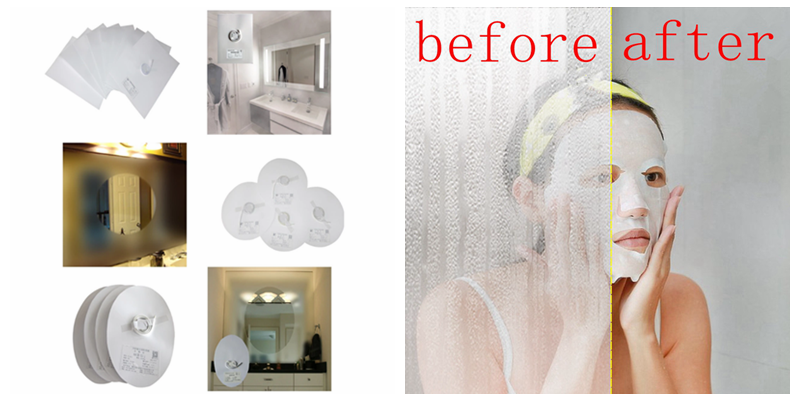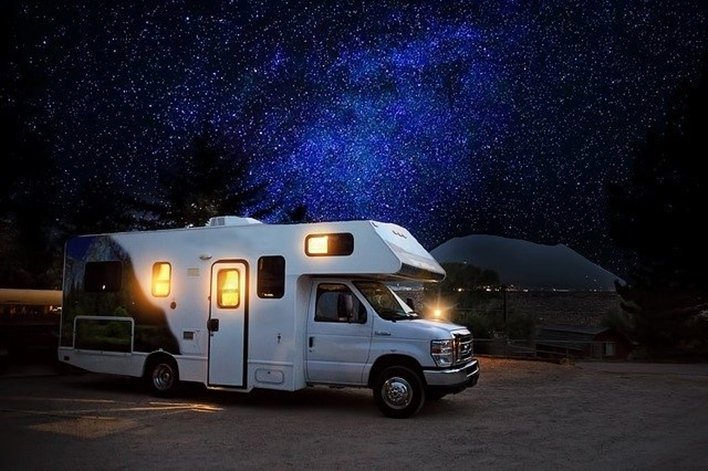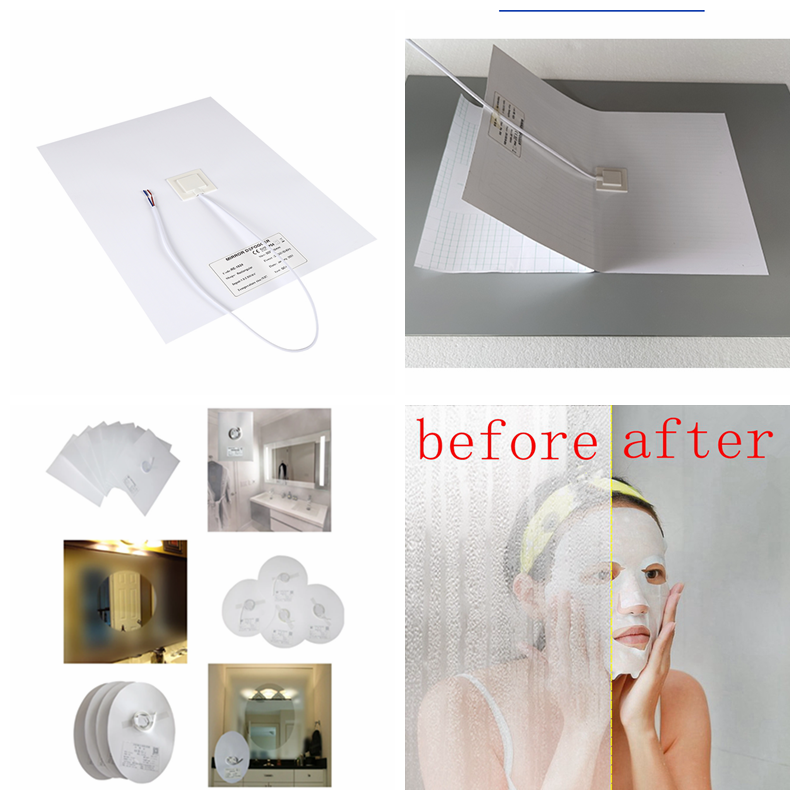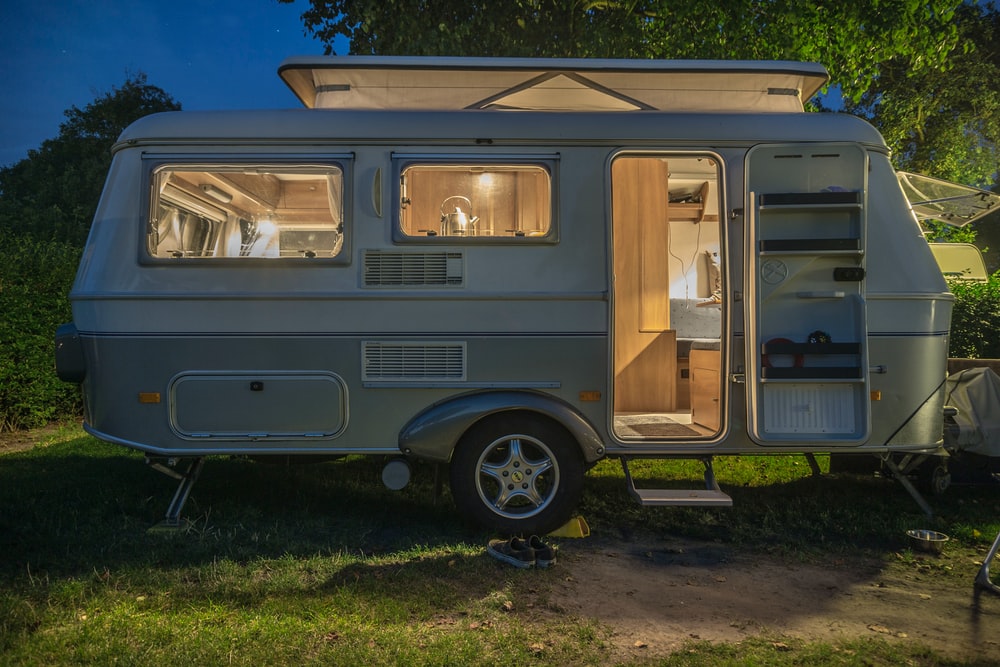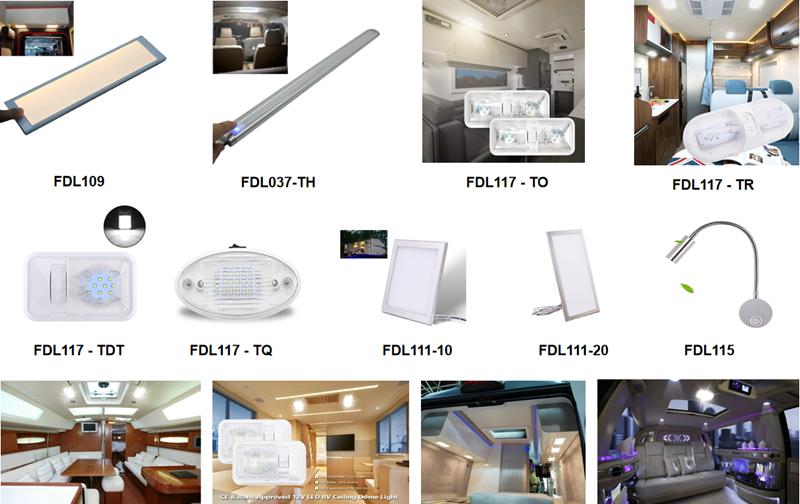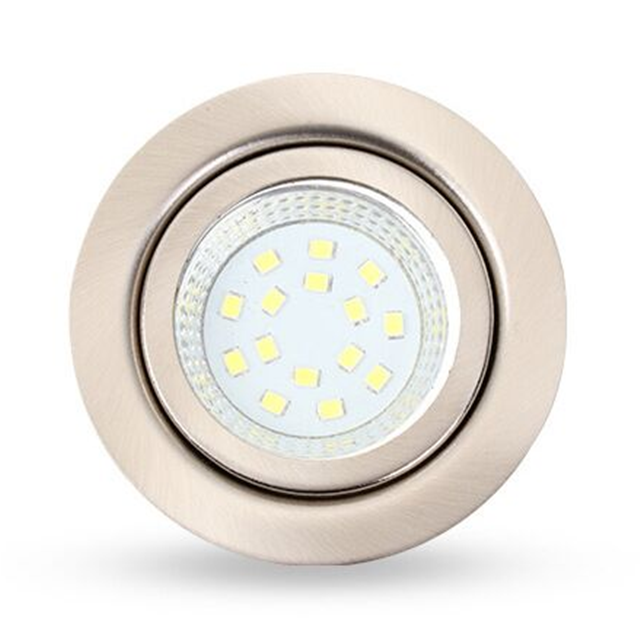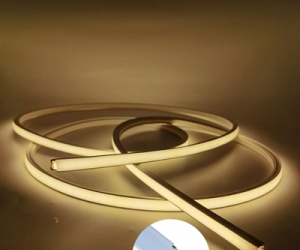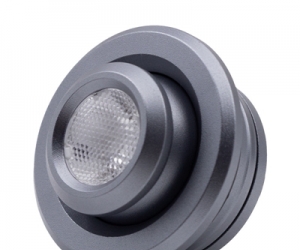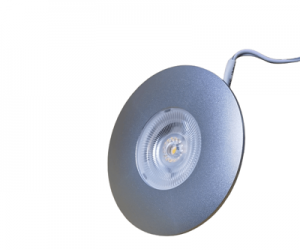How to Choose the Right Indoor Sensor Lighting?
You will have under cabinet light, wall reading light, closet wardrobe light in your home, how to choose right these lighting? There are many things you have to consider when choosing the most suitable indoor lights for your home or business, but one this is certain: LEDs are the way to go. They are a stylish, energy-efficient and cost-effective option for your indoor lighting project. Plus, they come in a wide variety of designs, colours, brightness and additional features, such as dimming functions. There really is no good reason why you shouldn't choose LED over regular fluorescent, incandescent or halogen ones.
What you choose in the end will be dependent on many things, such as the environment, purpose of the indoor lighting, the position, the type of installation and the desired atmosphere. So, you will have completely different needs when choosing lights for your bedroom then you would for your kitchen.
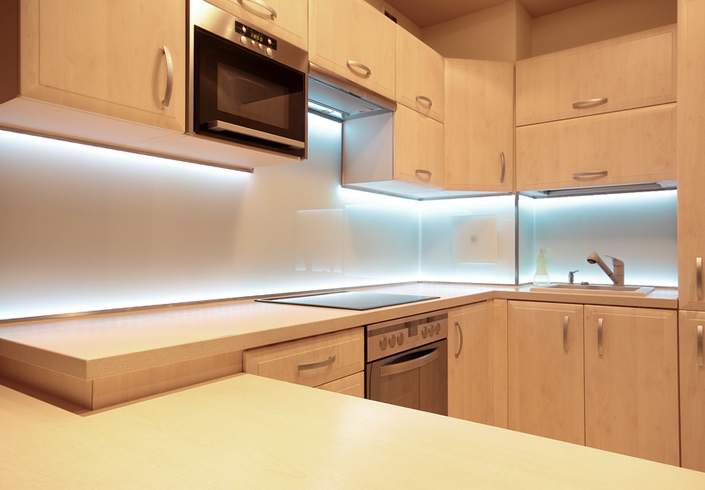
Let's take a look at some of the criteria you will want to consider when purchasing your LED indoor lighting:
Colour Temperature
Some colours are better suited for specific environments and different tasks. The colour of your LED indoor lights can really transform the whole look and feel of the room. So, it's essential to choose the right one for your specific needs.
The colour temperature of any light bulb is measured in Kelvins, and we stock a range of LED indoor lights with different colour temperatures to suit every indoor lighting scenario. Choose from warm yellow-white, quite like what you are used to with incandescent bulbs, to more natural white or a cool, bluish-white.
If you want indoor lighting that provide a warm glow, then choose an LED bulb with around 2700-2900 Kelvins. This is the perfect option for spaces with a lot of brown, wood, and warm tones of reds and gold. It will provide a soft and cosy atmosphere and help you get in a more relaxed mood, so it is recommended more as the perfect lighting for the bedroom.
An LED with a measurement of 3500-4900 Kelvin will give you a cool, vibrant light, ideal for workspaces, such as the kitchen or the bathroom. It also works well in rooms decorated with cool colours like blue and green. Additionally, this is a much better choice for task lighting.
Lumens
Before LEDs came along, you could more or less determine the brightness of a bulb by checking the wattage required to produce light. But since LEDs don't need that much electricity, wattage won't give you any indication of brightness, and it will be impossible to compare and get an idea.
However, you're not out of options. The correct measurement for brightness is lumens (lm). The more lumens an LED bulb has, the brighter it can be. For comparison, LED indoor lights with around 800 lumens will give a similar brightness to a 60-watt incandescent bulb.
Shapes and Fixtures
You can find indoor lights in a wide variety of shapes, sizes, and fixtures. Each one will provide a slightly different light beam spread and angle, so you need to know what you're looking for. You can choose from an almost 360-degree spread with the globe-type bulbs or opt for more focused and direct lighting with downlights or spotlights. The right led sensor light shape will depend on personal preference, the fitting, and the purpose of the lighting.

